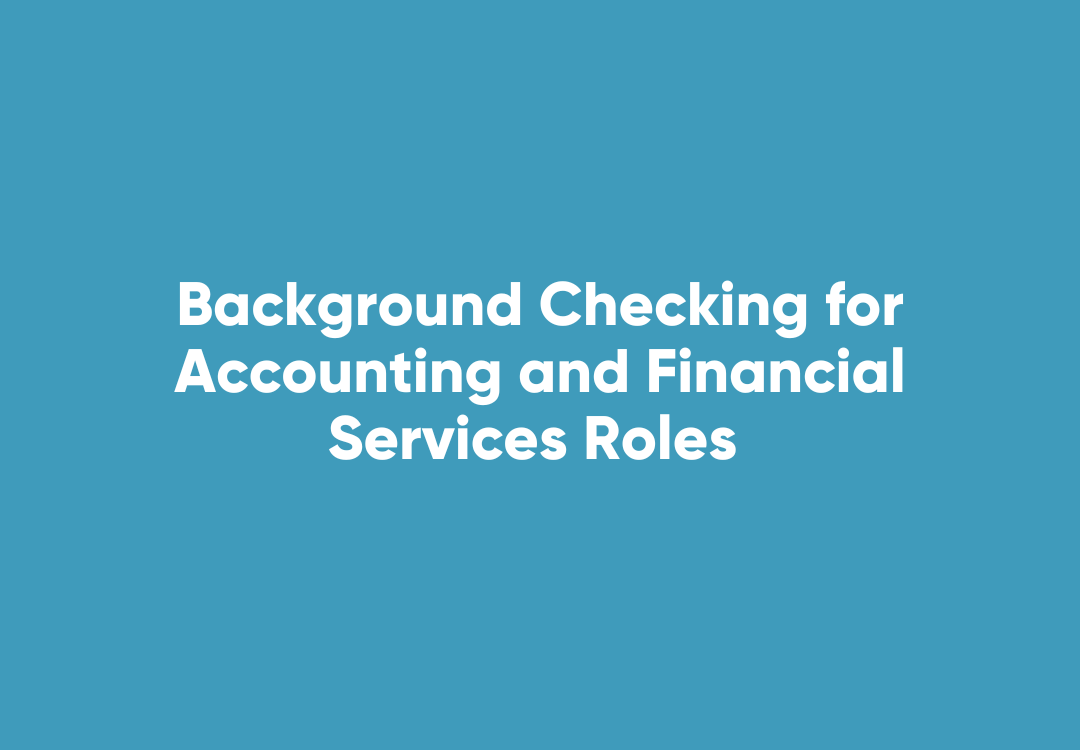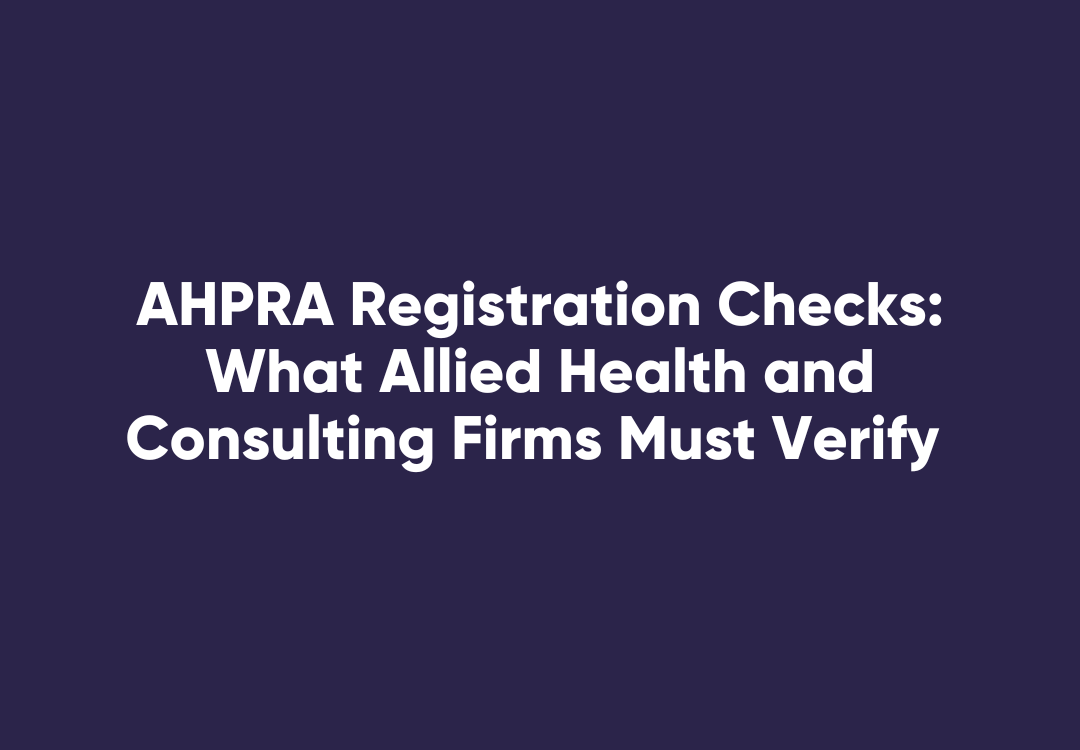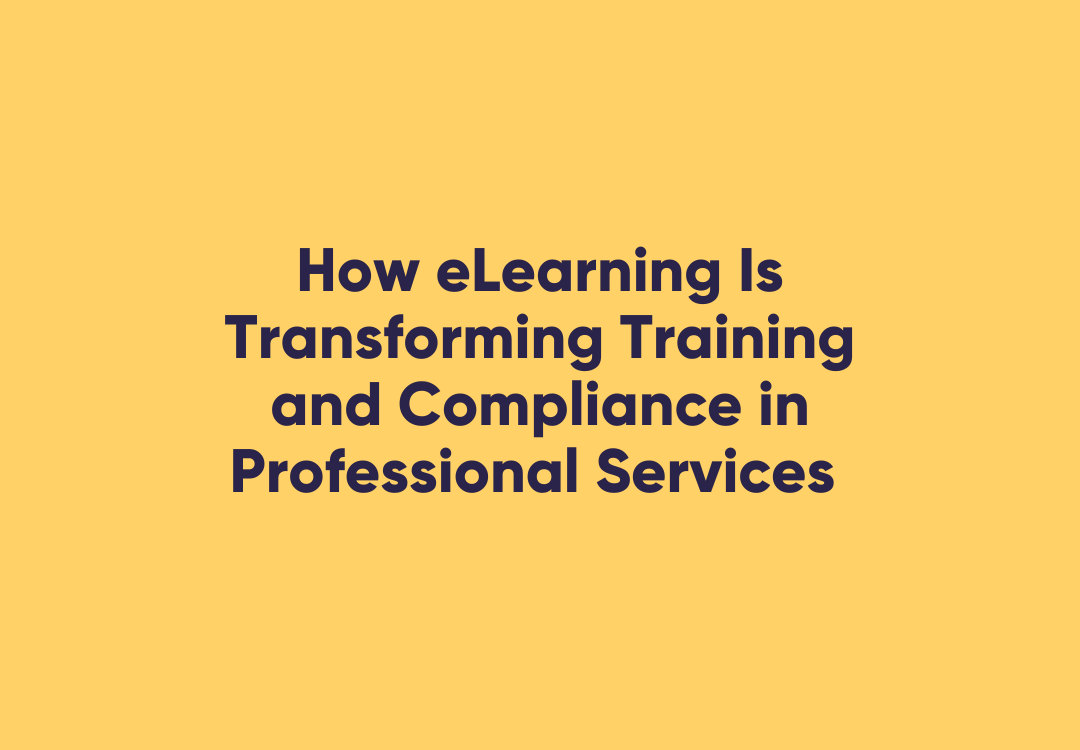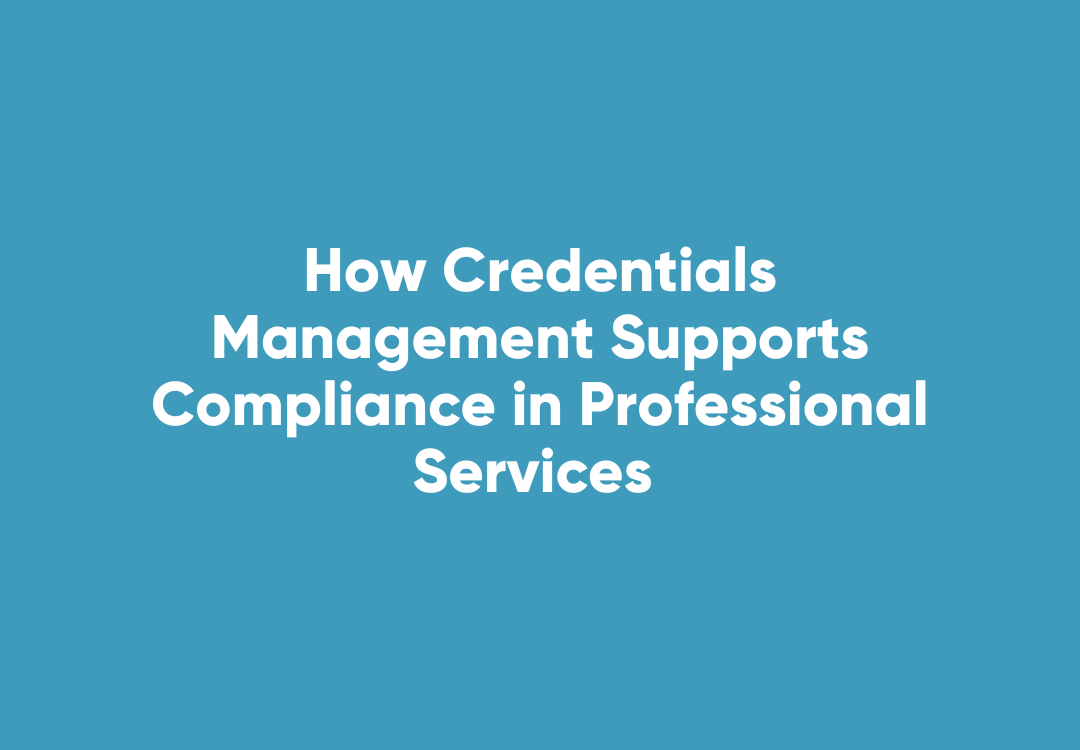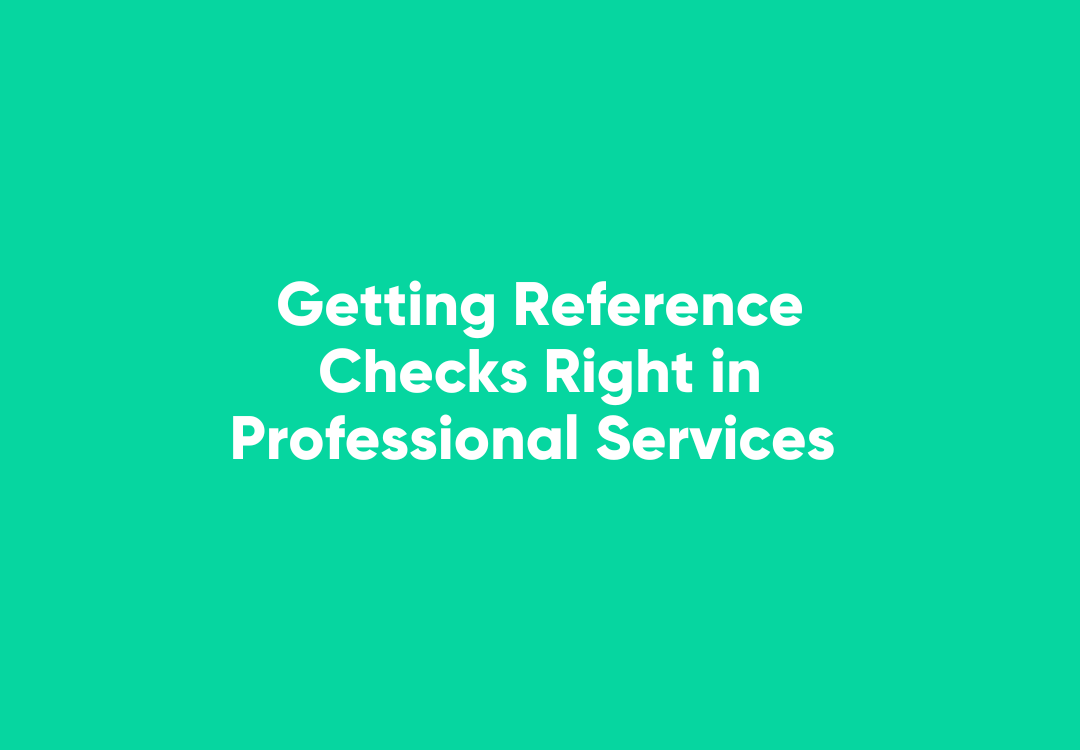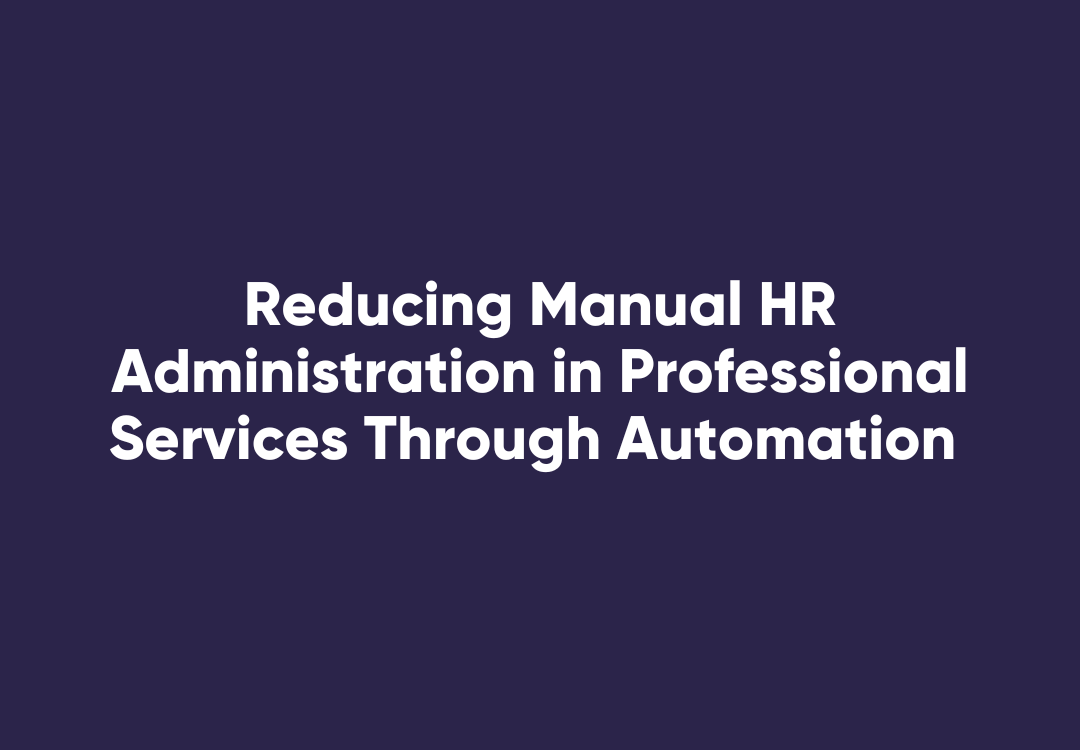Your Shared WHS Responsibilities When Placing On-Hire Workers
On-hire workers are employed by one business (an on-hire organisation) and assigned to perform work for another (a host organisation). Under this arrangement, work health and safety responsibilities involve multiple parties – it’s shared by both the on-hire organisation who organises the work, and the host company where the work is performed.
Understanding and ensuring your shared WHS responsibilities for on-hire workers are adhered to is critical. If an accident occurs on-site and you have not created a robust WHS agreement with the other party, are not aware of your responsibility or have not fulfilled your duty as part of an agreement, you can be exposed to huge penalties and fines as well as reputational damage.
In the case of on-hire workers, both on-hire organisations and host companies are responsible for ensuring WHS agreements are in place long before workers are placed, that each worker is prepared before starting work, and they are supervised and looked after for the duration of the job. Neither party can contract out of their responsibilities, and each must do their part to the best of their ability to influence and control safety measures to mitigate risk of accident or injury during that time.
If you place or host on-hire workers in any capacity, it’s critical that you understand your legal obligations and what to consider when it comes to work health and safety. Here are some tips on what to think about when setting up a new shared WHS agreement, as well as what your responsibilities are both before and during the on-hire placement.
Creating Your Shared WHS Agreement
The first step begins when a new relationship is created between an on-hire organisation and a host company, before any workers have been placed. At this point, parties must first work together by consulting, co-operating and co-ordinating health and safety activities to ensure everything has been covered.
Some items to be addressed include:
Controlling Risks
Identify the hazards, risks and that may arise in each role to be placed, taking into account the environment being worked in. You’ll then need to consider control measures to minimise risk, and ensuring you meet compliance with work health and safety legislation.
Carrying Out The Work
Consider how work will be carried out. Which safe work methods and processes need to be in place? Will the work be adequately supervised? You’ll also have to review the competency and training requirements to complete the work safely, and arrange assessment to check the worker’s skills to do this too.
Incident Response
Ensure both parties are clear on how to respond to incidents that may occur, and procedures in place so workers understand what to do when the situation calls for it.
Note: The Work Health and Safety Act states that a worker has the right to refuse to work, if they have a reasonable concern that completing the work would expose them to a serious health or safety risk.
Before the on-hire worker starts at a host site. The on-hire organisation and host employer have several tasks to complete before individual on-hire workers start work on day one.
Your checklist before they commence work should include:
- Verifying the on-hire organisation has delivered a WHS induction that meets current industry compliance. WorkPro’s eLearning modules includes Safety in On-Hire Work and Trainees & Apprentice Safety which can be delivered quickly and completed online by on-hire workers using any device.
- Ensuring the on-hire worker has received adequate information, instruction or training that addresses the inherent risks and hazards on the job
- Ensure the nature of the work is clearly documented prior to commencing work, including work environment, tasks to be performed, equipment to be used and more and then outlined to the worker as part of the recruitment program
- Verify the on-hire worker has the necessary qualifications for the role, and store licences and tickets securely to prove compliance if needed
- Discuss ongoing health and safety monitoring required to keep them safe on-site
During the On-Hire Worker Placement
The job isn’t over when the on-hire worker begins their new role. Here’s a list that includes some of the considerations that host employers need to make for the duration of the worker’s time on site.
- Providing workers with a site-specific safety induction, including outlining WHS duties, polices, procedures and practice
- Maintaining a safe working environment and provision of PPE (Personal Protective Equipment)
- Providing adequate supervision of on-hire workers at all times to ensure work is performed safely
- Consulting with on-hire organisation if and when changes occur to the site or role that may affect WHS arrangements
- Conducting ongoing WHS assessments and work-site assessments as required
- In the event of an incident, notifying the on-hire organisation as soon as practicable and working with them to implement agreed arrangements.
If you partner with staffing agencies for your casual workers, then you need to ensure that you’re always keeping them safe on site. We’ve created the definitive guide to keeping your on-hire workers safe, so you have all the tools and knowledge you need at your disposal.




